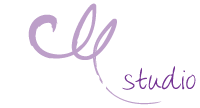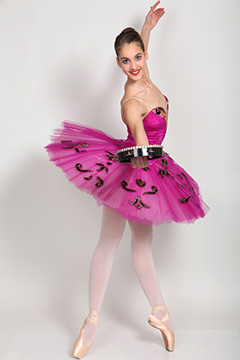
Classical ballet is a creative and imaginative form of movement that promotes confidence and self-awareness. It encourages physical coordination, helping students of all ages to build a strong core that will allow for balance and good posture. It can strengthen students’ limbs and build their agility, while also providing a fun way to exercise. Classical ballet builds the foundation technique that is needed for all other dance forms; therefore it is advisable to start it at a young age.

Motion Art Studio chooses to follow the system of the Royal Academy of Dance. The R.A.D., founded in 1920, is one of the largest and most prestigious dance organizations worldwide. Every year, the children are prepared for the internationally recognized examinations and evaluations, which are designed to motivate and encourage young dancers, by systematically measuring progress and performance.
Class Levels offered:
- Pre-school Dance Curriculum (3 – 5 years old). No examination is taken at this level
- Pre-primary in Dance (5 – 6 years old). No examination is taken at this level.
- Primary in Dance Class Award (6 – 7 years old).
- Graded Examinations in Dance
- Grade 1 Ballet – Grade 4 Ballet
- Grade 8 Award
- Discovering Repertoire
- Level 3
- Level 4
- The Vocational Graded Syllabus
- Intermediate Foundation
- Intermediate
- Advance Foundation
- Advance 1
- Advance 2
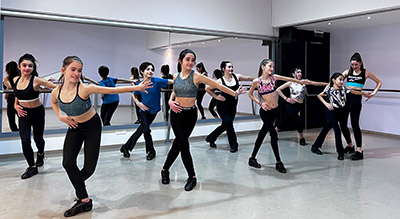
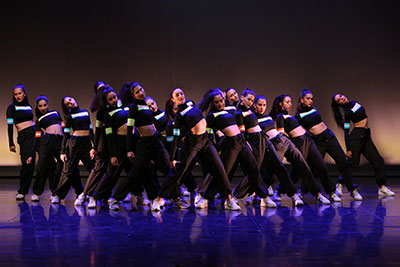
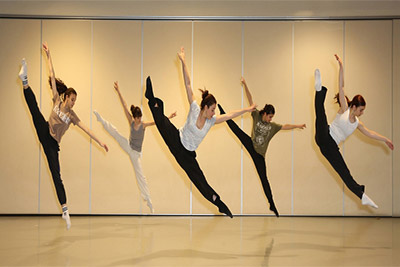
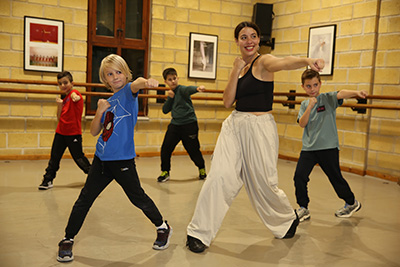
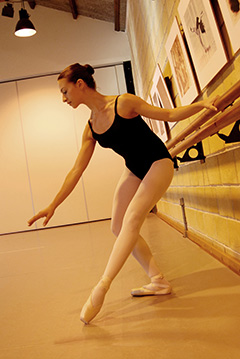
- Strengthening and flexibility of the body
- Correct posture
- Strengthening the ‘center’ of the body
- Learning to control the body: contracting and relaxing the muscles
- Learn breathing techniques
- Learn about warm up and its importance
- Rhythm – musicality
- Expression through movement
- Strengthen concentration
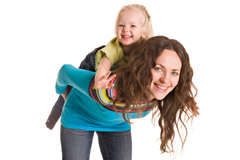
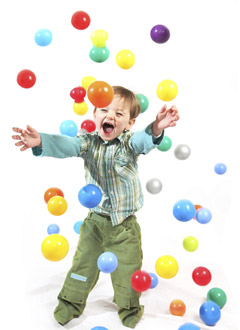
 (1 - 3 1/2 years old)
(1 - 3 1/2 years old)Through movement, dance, singing and playing music, the toddlers explore their body and develop their physical, mental & social skills. The syllabus is especially designed by Avgi Papakyriakou, founder of Motion Art Studio, based on her long years’ experience in teaching dance and raising her two daughters, with the collaboration of the psychologist, family counselor & trainer, Kleanthis Neophytou (BA, BSc, MSc) and the music director and composer, Andrea Georgallis.
Lessons include:
- Movement activities with or without props,
- Finger plays and peek-a-boo games
- Singing or dancing to favorite traditional Greek children’s songs, adapted into various music styles, as well as original songs composed for the program,
- Listening to music,
- Exploring and playing simple musical instruments,
- Imaginative themes and stories
- Bilibo* time
* Bilibo is a new kind of toy which leaves room for the child's imagination. Instead of imposing a specific play pattern, Bilibo encourages the children to invent their own games, to play and have fun in an active and creative way.
Babies are constant movers. Before they can walk, they can dance to any music they hear. Watching toddlers play, one notices the enjoyment and the need to move. Apart from the pleasure it gives them, movement fosters learning. Through movement, children develop the body and the brain, as well as self-confidence, self-expression and communication. Considerable research is done in education and psychology, regarding the importance of movement in the child’s development. At the young age of 2 – 5, the children develop basic movement skills which are useful for later learning skills.
Benefits of Babymotion
- Develops a child’s motor (moving) skills
- Stimulates the brain and improves physical coordination
- Helps the child to explore its body
- Increases repertoire of movement
- Encourages focused listening
- Widens expression skills
- Strengthens memory through rhythmic patterns
- Encourages imagination
- Fosters musicality
- Develops a child’s ability to use language
- Promotes concentration
- Creates neural pathways in the child’s brain connected with mathematics, science and abstract thinking
- Encourages a child’s independence and self confidence
- Fosters an environment of love and security for the child
- Helps to strengthen the emotional bond between parents and child
- Learning to take turns and group participation
- Encourages the toddlers to be more sociable and cooperative
- Offers fun & quality time for parents with their child
- Gives ideas of play for the parent and child
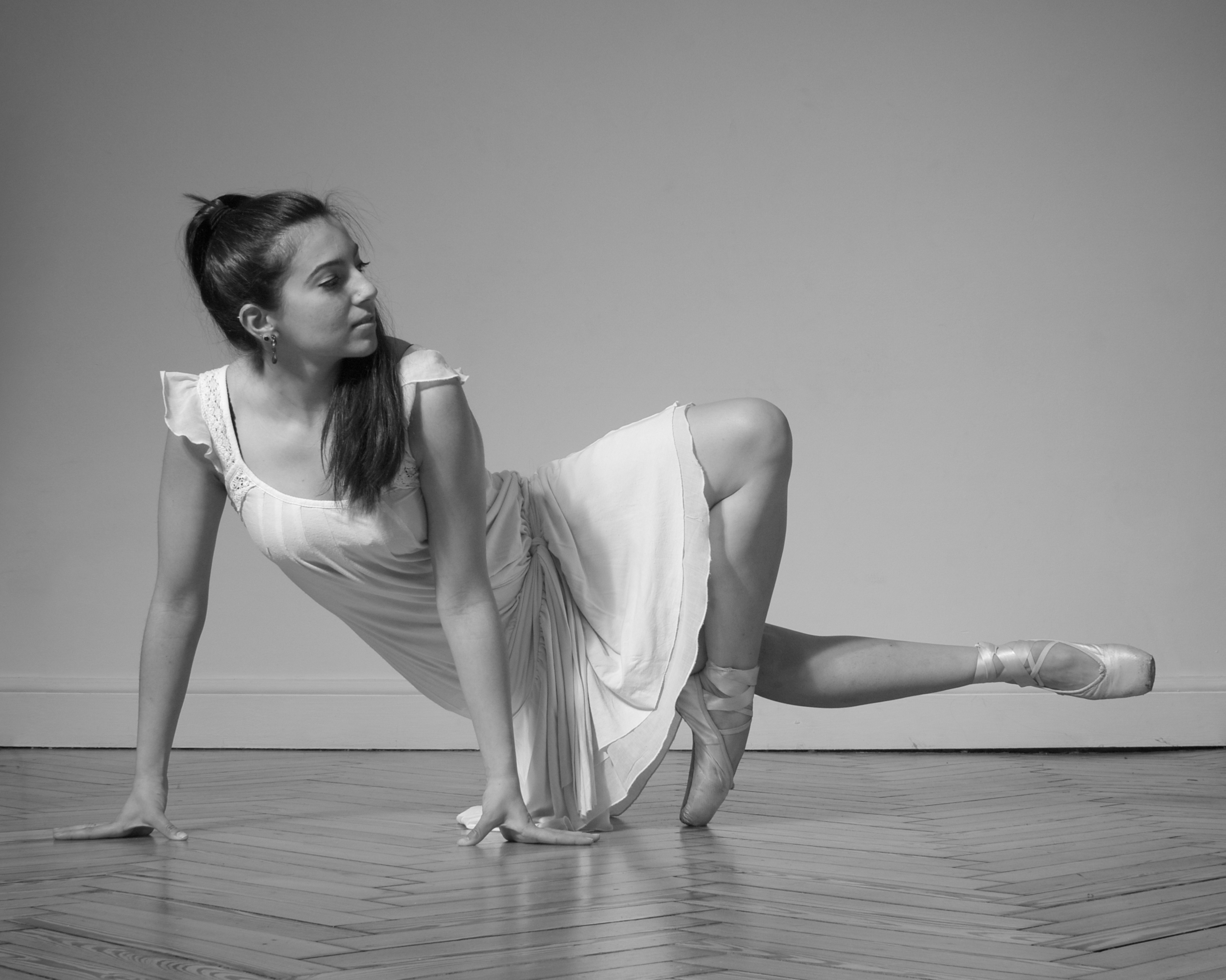
This class is a music-based 60-minute session that includes building balance, strength, flexibility, agility and coordination of movement. It aims to help body control during dance or everyday movement. The Dance Align class will have adaptations and variations of each exercise, to adapt to everyone’s level of fitness and capabilities.
The Dance Align class is for dance students who have some weaknesses in their core strength, turnout, jumps, or overall physic. It is also for dance students who have lack off flexibility, that have injuries often, complain about body pain or just want to improve their overall technique.
Participants will:
- Gain a better understanding of their body alignment and kinesiology, and how it affects their everyday life
- Learn how to manage pain with movement
- Learn to distinguish a stretch from a painful signal
- Learn conditioning exercises specific to body parts or movement
- Gain flexibility to balance with their strength
